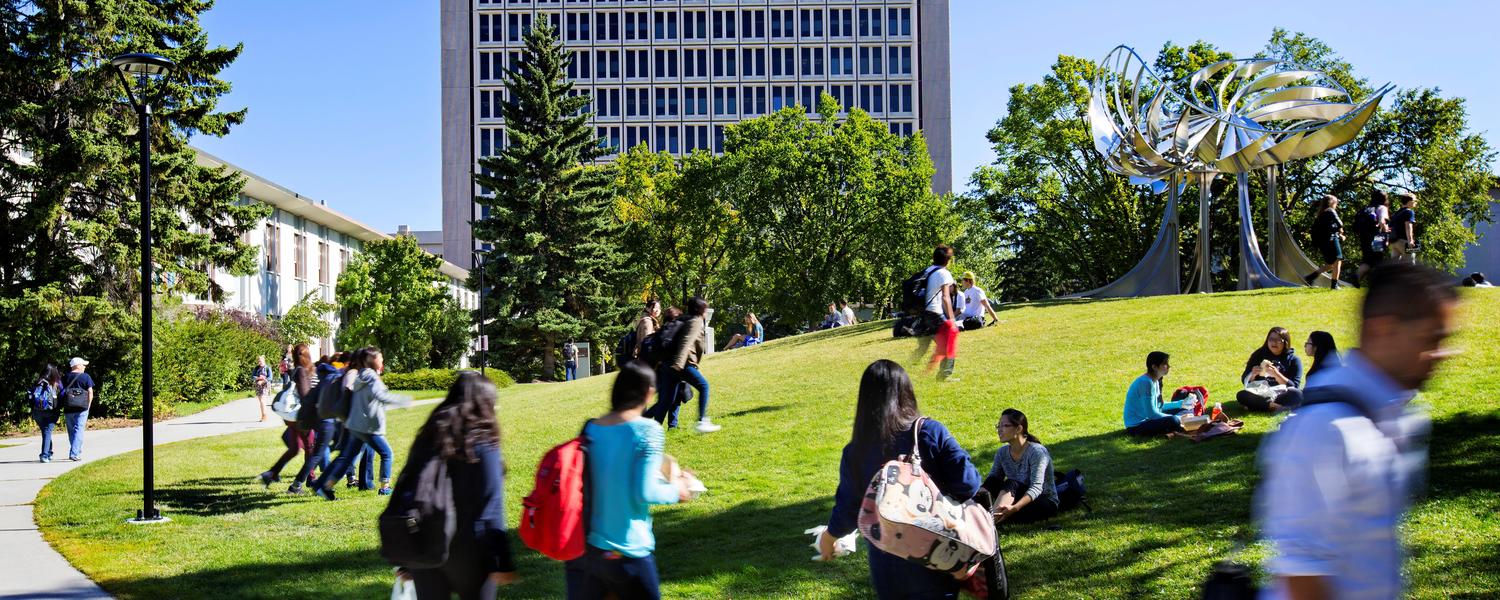Secure Societies Key Initiatives, Research Groups and Centres
Our researchers have expertise in political, legal and historical aspects of international relations, security and domestic policies. These researchers work in cooperation with others who have expertise in cybersecurity, quantum computing and biometric methods for identification.

